By Chris Snellgrove
| Published
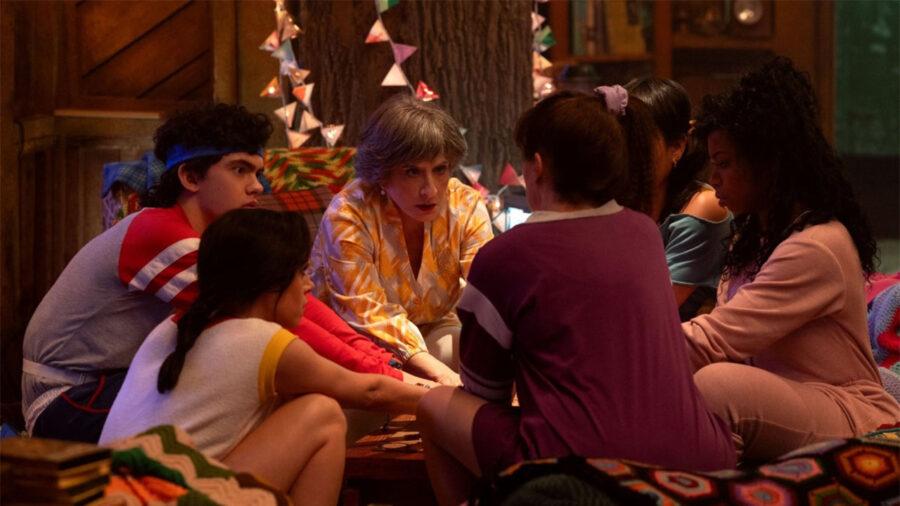
For a long time, most of the Marvel content on Disney+ has been a disappointment, oscillating between fun but superfluous (like Werewolf By Night) and failed attempts to recreate the MCU movie formula (like Secret Invasion). Recently, though, Agatha All Along reversed this trend by growing its viewership as it went along. While the show’s 4.6 million viewers for the finale doesn’t make it a huge streaming hit, the fact that its premiere only had 3.1 million viewers says a lot about how much people enjoyed the show.
Those who watched, both critics and fans alike, loved it. Results like this have left us to argue over what made this show work where other recent Marvel fare has crashed and burned. However, the answer to that is simple: Marvel aired the first truly episodic show since WandaVision to create something enjoyable and accessible for complete newbies.
Why Marvel’s Streaming Shows Have Failed: Mixed Intentions
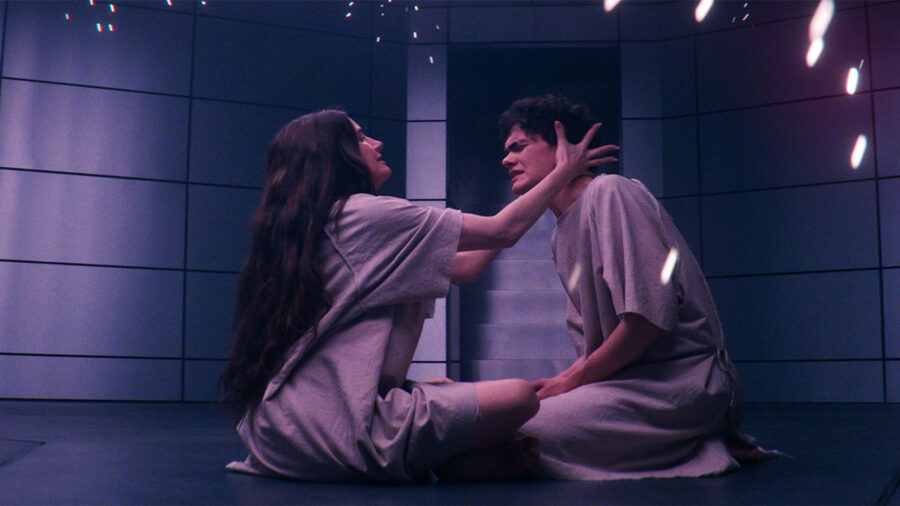
To better understand Agatha All Along’s success, it’s important to understand why other shows either failed or underperformed. In most cases, the problem (one shared by most of the Star Wars content on Disney+) is that executives mandated turning what might have been a solid two-hour movie into a bloated and largely rudderless TV show. For example, it’s hard for even the shows’ biggest fans to argue that Secret Invasion and The Falcon and the Winter Soldier would have been better off as big-budget blockbuster films rather than six-episode, mid-budget slogs.
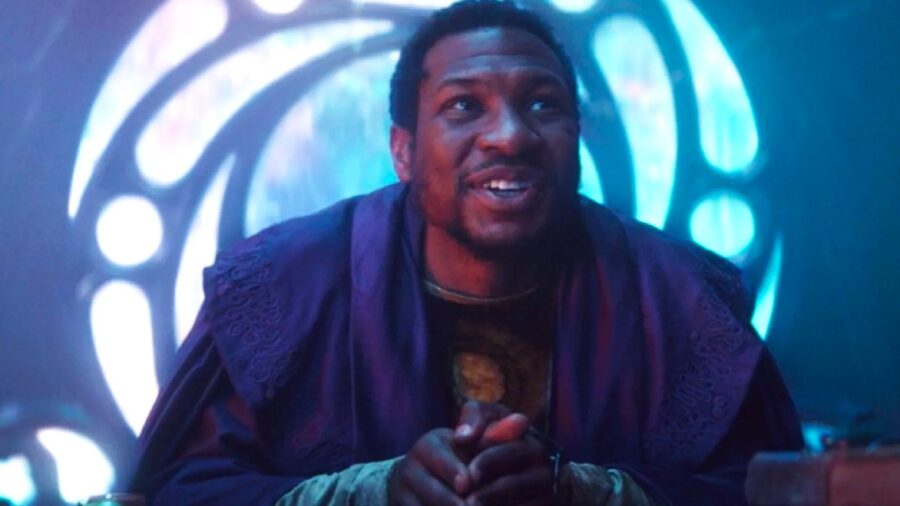
Even shows that wouldn’t necessarily be better off as movies waste much of their potential setting up future films. Loki would have been even better if it didn’t spend the whole show trying to make Kang happen and Ms. Marvel could have been improved by not making the ending a big setup for The Marvels, a historic box office failure for Disney.
Going into its premiere, I was worried that Agatha All Along would repeat these mistakes by trading on its WandaVision connection to set up the inevitable Scarlet Witch solo movie. In this case, I’ve never been so happy to be so wrong.
Why Agatha All Along Worked: Zigging Where Others Zagged
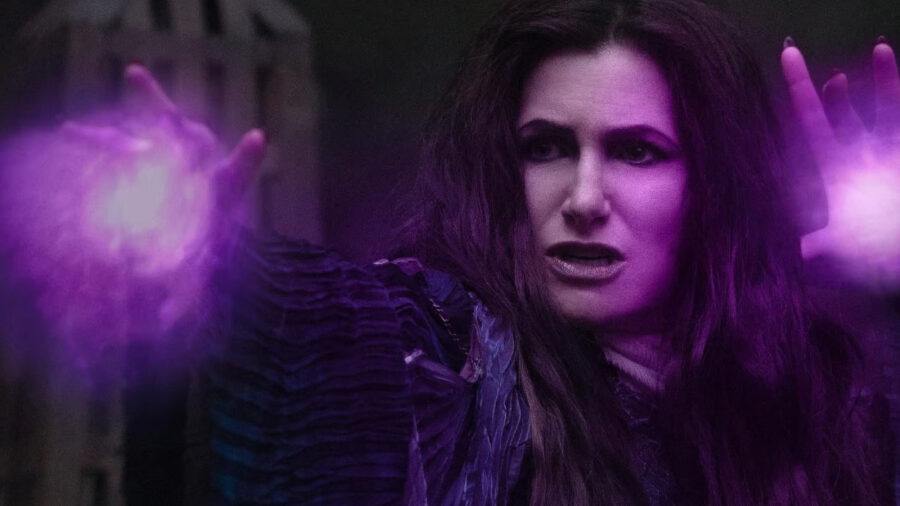
Agatha All Along succeeded in large part by zigging where other Disney+ MCU shows zagged. For example, despite this show being a direct WandaVision sequel, it was quite easy to watch and enjoy even for those who hadn’t tuned into the Scarlet Witch’s last round of reality-warping TV adventures. That accessibility ensured an influx of casual viewers, and the show’s unabashed focus on a mostly female ensemble cast may have helped draw in more women, a powerful TV demographic that most previous Marvel shows (at least the ones without Elizabeth Olsen or Tom Hiddleston as the leads) have failed to attract.
Part of that accessibility comes from the fact that Agatha All Along isn’t explicitly setting up some future Marvel project, and that allows it to succeed on its own merits. The Falcon and the Winter Soldier was setting up Captain America 4, Ms. Marvel was setting up The Marvels, Loki was setting up the now-defunct Avengers: The Kang War, and so on. These endless setups rob these shows of their own dramatic power while making the very act of watching them feel like homework; conversely, Agatha’s commitment to focusing on its own narrative helped us enjoy the show on its own (many, many) merits.
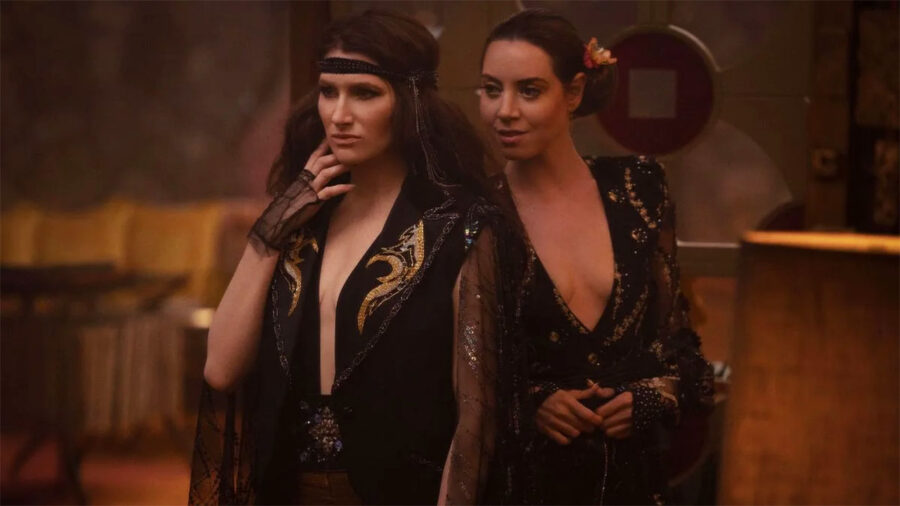
Additionally, Agatha All Along is arguably the first Disney+ MCU show since WandaVision to actually embrace the episodic format. Far too many other shows felt like planned movies forced into a television format, leading to serious pacing issues. Agatha took the time to turn each episode into a miniature adventure, and that made it exciting to tune into each week.
There’s plenty more that Agatha All Along got right, from the killer music (“The Ballad of the Witch’s Road” is a genuine bop) to perfect casting (Aubrey Plaza’s real magical ability is to chew each of her scenes in the most entertaining way). However, the real strength of the show’s success is that it threw out the old, failed formula in favor of doing something new, and audiences rewarded Disney for that.
